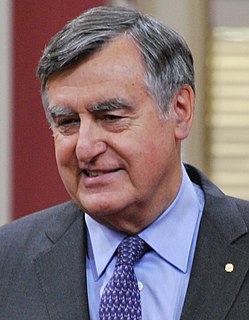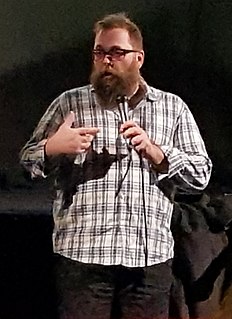A Quote by Wylie Dufresne
I would say that molecular gastronomy is a field of science. I would - I would say that it's probably lumped under chemistry, maybe. Because cooking, while it has certainly biology and some physics, it's mostly chemistry.
Related Quotes
When World War II came along, which was when I was a teenager, we all expected we would have anthrax bombs and this kind of stuff. We thought it would be a biological war. Fortunately it wasn't and, but it's because the danger is still there and by some miracle we escaped all that, so you never can tell what it going to happen, but biology certainly could be even worse than physics and chemistry.
It is ... a sign of the times-though our brothers of physics and chemistry may smile to hear me say so-that biology is now a science in which theories can be devised: theories which lead to predictions and predictions which sometimes turn out to be correct. These facts confirm me in a belief I hold most passionately-that biology is the heir of all the sciences.
No matter how much creativity goes into it, cooking is an art. Or perhaps I should say a craft. It abides by absolute rules, physics, chemistry, etc. and that means that unless you understand the science you cannot reach the art. We're not talking about painting here. Cooking's more like engineering. I happen to think that there is great beauty in great engineering.
When people think science and cooking, they have no idea that it's not correctly expressed. We're actually applying the scientific method. People think chemistry and physics are science, but the scientific method is something else.... It's the science that the world of cooking generates: science of butter; science of the croissant.






































